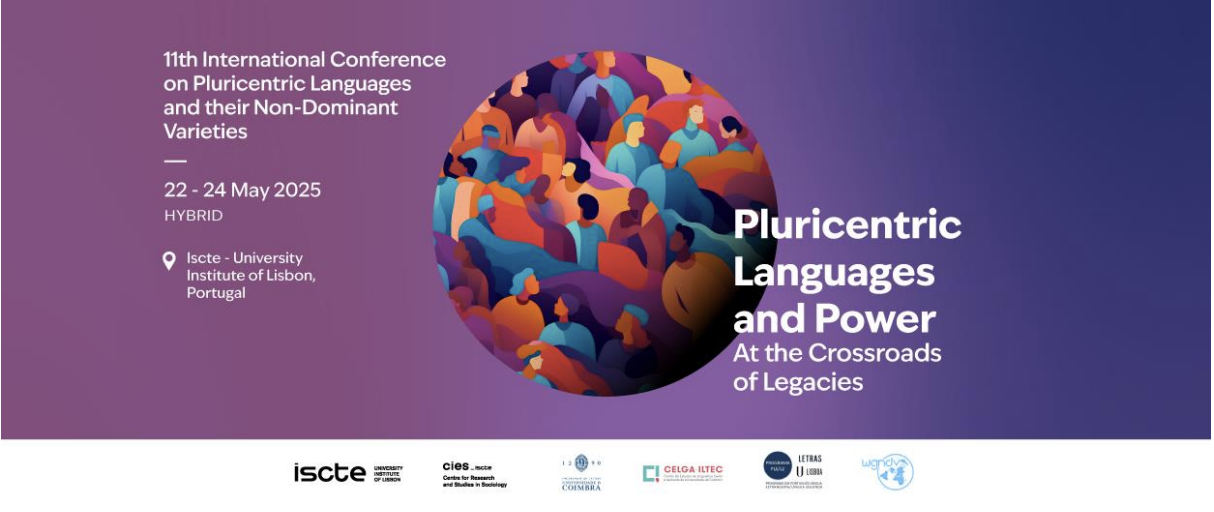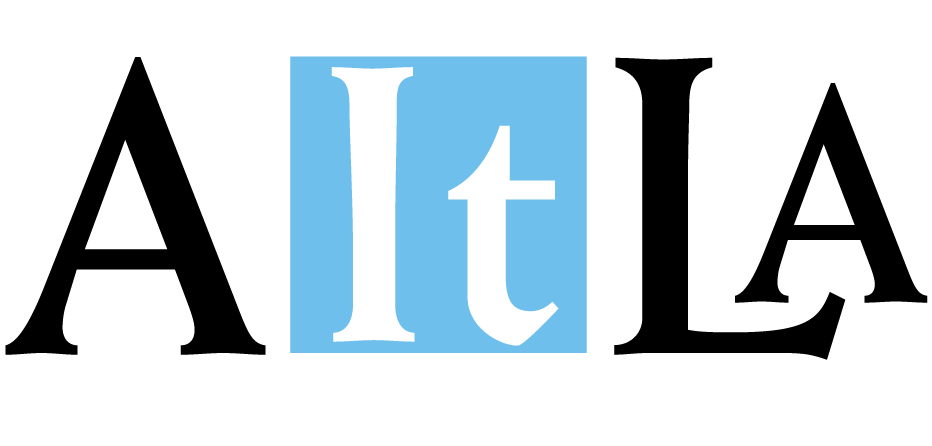
11th International Conference on
Pluricentric Languages and their
Non-Dominant Varieties
Iscte - University Institute of Lisbon,
Lisbon, Portugal, and online (hybrid mode)
22 to 24 May 2025
Submission deadline for the abstracts: November 30
https://www.uc.pt/celga-iltec/pcl2025/
The International Working Group on Non-Dominant Varieties of Pluricentric Languages (WGNDV) is pleased to announce its 11th conference on Pluricentric Languages and their Non-Dominant Varieties, with the title Pluricentric Languages and Power: At the Crossroads of Legacies, to be held at the Iscte - University Institute of Lisbon, Lisbon, Portugal, and online (hybrid mode) from 22 to 24 May 2025.
The event is organised by the Center for Research and Studies in Sociology at the Iscte - University Institute of Lisbon (CIES-Iscte), the Research Center for General and Applied Linguistics at the University of Coimbra (CELGA-ILTEC), and the Programme in Portuguese as a Foreign Language/Second Language at the Faculty of Arts of the University of Lisbon.
GENERAL OBJECTIVE OF THE CONFERENCE
The main objective of the 11th WGNDV conference is to extend our knowledge on pluricentric languages and theory. To that end, we welcome scholars, policy makers, and other civil society actors from all over the world to provide their insights into the linguistic situation, the specific characteristics of pluricentric languages and their varieties, and their relevance for pluricentric theory.
This international conference builds on the previous ten conferences and workshops held in Graz (2011), Salamanca (2012), Guildford (2014), Graz (2015), Mainz (2017), Nitra (2018), Graz (2019), Stockholm (2019), Graz (online 2021), and Leipzig (online 2023), all of which resulted in published volumes. Our conferences and workshops explore the field, define terminology, theory and concepts associated with the descriptions of pluricentricity, describe the current situation of non-dominant standards as comprehensively as possible and discuss sociological, educational and cultural implications of managing language standard systems.
CONFERENCE LANGUAGES
English, Portuguese (slides in English)
MODE OF PARTICIPATION
Hybrid (face-to-face AND online)
